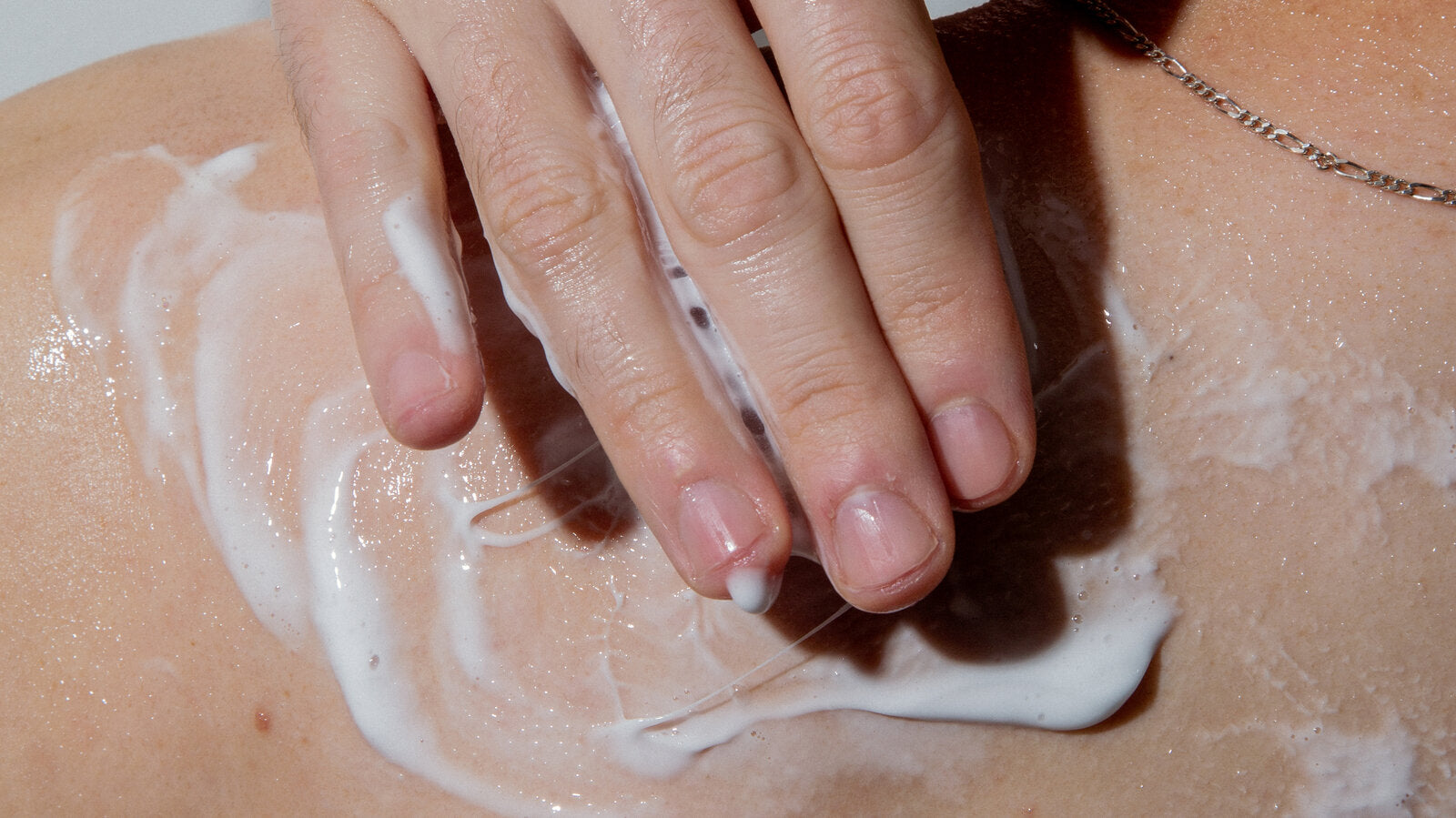How Dirty Towels Can Trigger Acne and How to Prevent It!
For beauticians, maintaining optimal hygiene is paramount, but an often overlooked culprit in the skincare world is acne from dirty towels. Towels, especially those used daily, can harbor bacteria, dirt, and oils that contribute to acne breakouts. This can be particularly impactful for clients seeking advice on skin maintenance or avoiding blemishes.

Why Dirty Towels Are a Dilemma
Every time a towel touches your skin, it collects oils, sweat, and other residues. If not washed frequently, these contaminants accumulate, offering a breeding ground for bacteria. When you reuse such towels, these can transfer back onto your skin, clogging pores and sparking inflammation that results in acne.
Utilizing clean towels can prevent such issues, preserving your clients' skin integrity and enhancing their trust in your skincare advice.
Investigating the Causes
The Role of Bacteria
One major driver of acne is the proliferation of bacteria. Dirty towels teem with bacteria, and repeated use facilitates their spread onto the skin, where they exacerbate acne conditions.
Oil and Sweat Accumulation
Oils and sweat trapped in towels can mix with dead skin cells and block pores. This creates a fertile environment for acne-causing bacteria to thrive, furthering skin irritation.
Impact on Well-Groomed Skin
Beauticians understand that even the most well-maintained skin can suffer due to such simple oversights. Advising clients on proper towel-hygiene practices can be a transformative step in their skincare routine. Suggest washing towels after every second or third use and opting for towels made of breathable, quick-drying fabrics.
Preventing Acne from Dirty Towels
Incorporating clean towel habits is a straightforward way to combat towel-related acne. Recommend washing laundry at higher temperatures to eradicate bacteria and promote the use of gentle, hypoallergenic detergents.
Educating clients to rotate between several towels allows adequate drying time, reducing the likelihood of bacteria flourishing.
For more insights, the article Antifungal Body Wash discusses how specialized products can support hygiene management.
Expert Tips for Beauticians
Materials Matter
Select towels made from high-quality cotton or bamboo fabrics that are gentle on the skin and promote fewer irritations. This can help clients with sensitive skin conditions.
Reinforcing Good Practices
Encourage frequent towel changes and educate clients on the importance of washing them regularly. For in-depth guidance, beauticians might find Body Acne Wash Advice a valuable read.
/assets/production/practices/c96a49dc6477bdcf653595264d5ac6dabb440f04/images/2492047.jpg)
FAQ Section
How often should you wash your towel to prevent acne?
Ideally, wash towels after one to two uses. This practice helps in reducing exposure to acne-causing bacteria.
What types of fabrics are best for towels?
Opt for towels made of natural fibers like cotton or bamboo. They're less abrasive to the skin compared to synthetic materials.
Can damp towels increase acne risk?
Yes, damp towels provide ideal conditions for bacteria to multiply. Always ensure towels are thoroughly dried after use.
For additional hygiene tips related to clearer skin, the article Daily Hygiene Tips offers structured advice tailored to maintaining skin purity.
This article contains affiliate links. We may earn a commission at no extra cost to you.

